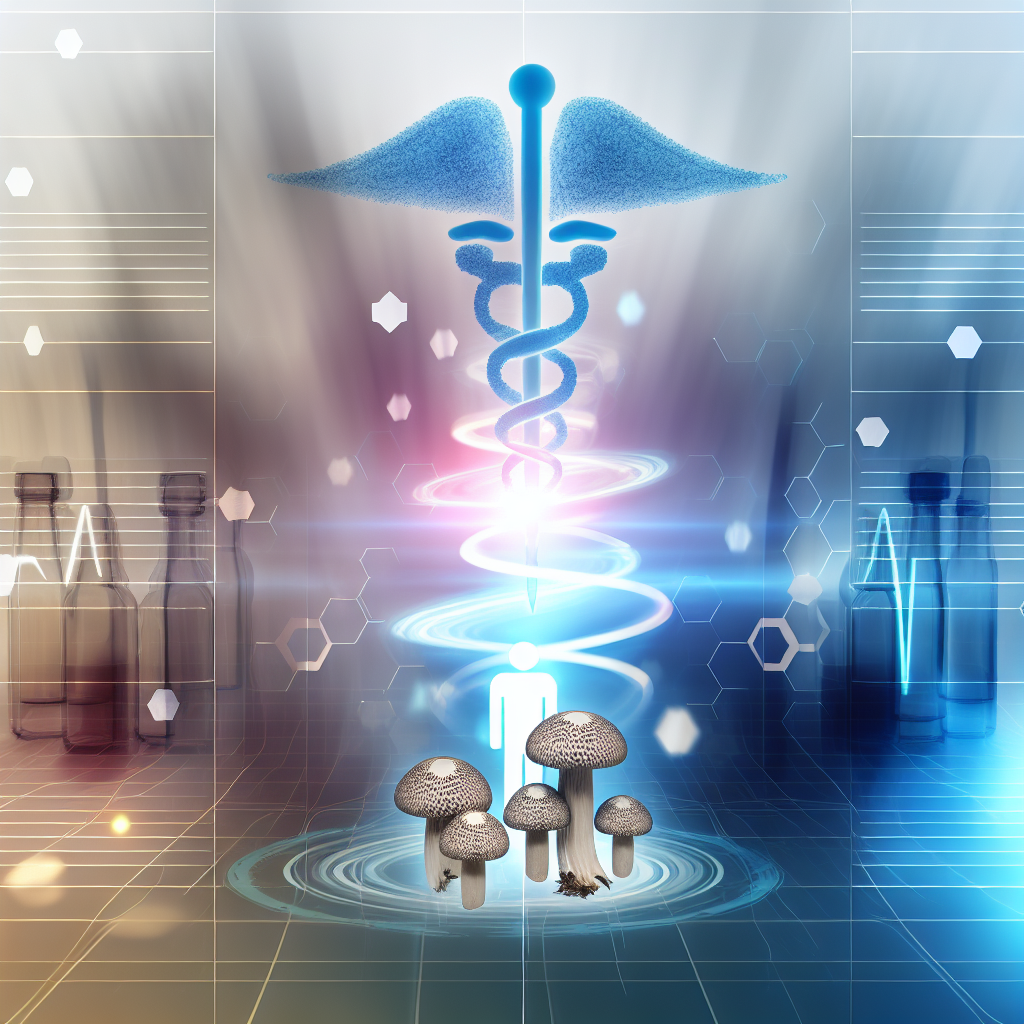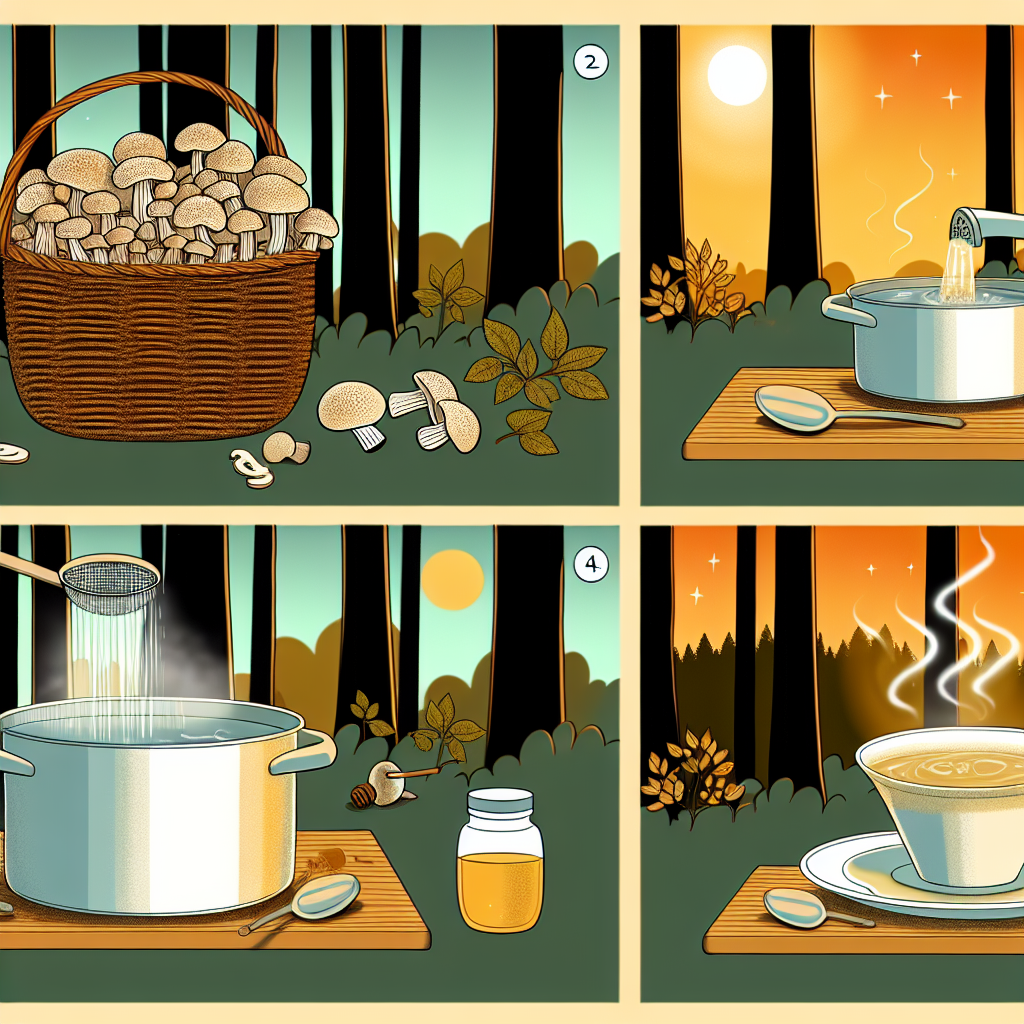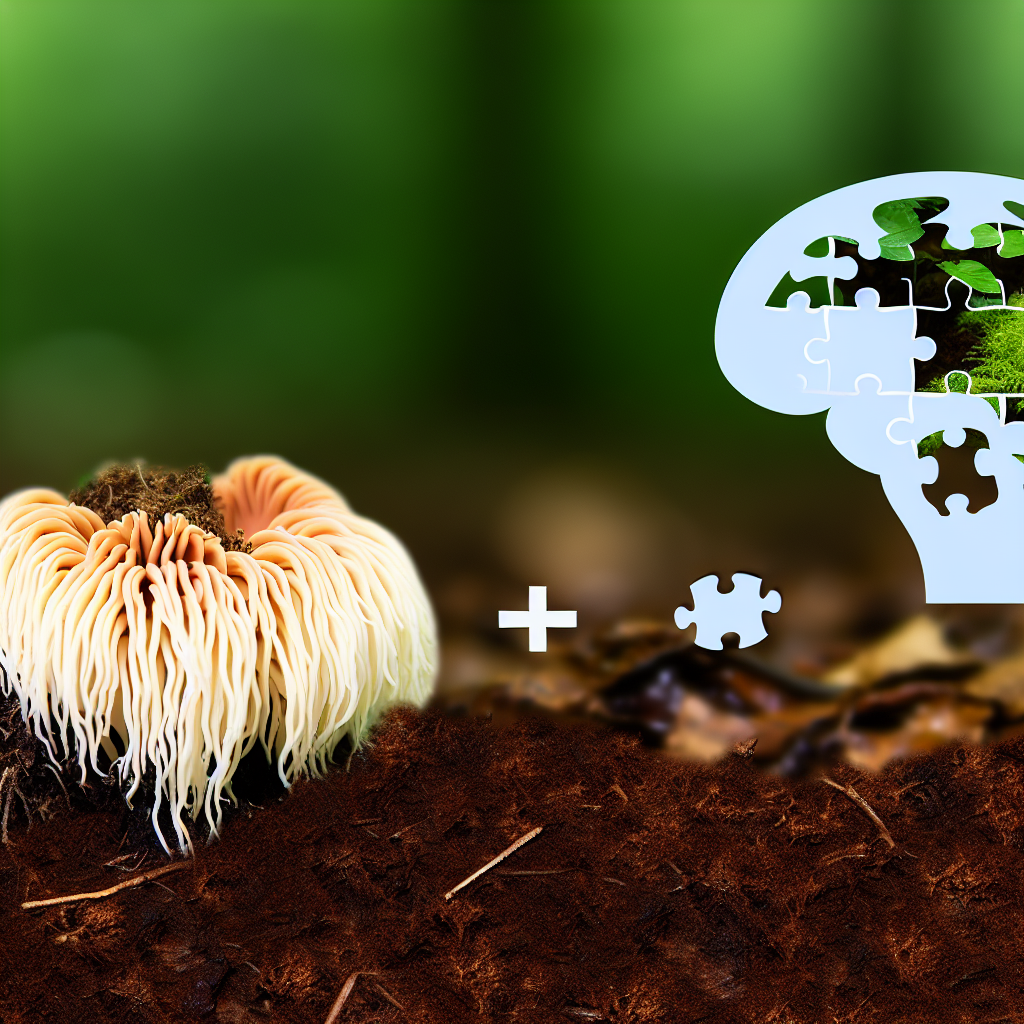Psilocybin Therapy for Alcoholism: Breakthrough Clinical Trial Results
Alcohol use disorder (AUD) remains a significant global health crisis, affecting more than 283 million individuals worldwide, according to the World Health Organization. Characterized by compulsive alcohol consumption, continued use despite negative consequences, and withdrawal symptoms, AUD is notoriously difficult to treat. Traditional treatment methods—including cognitive behavioral therapy (CBT), support groups like Alcoholics Anonymous, and prescription medications—have shown variable long-term success. Many individuals with severe forms of AUD relapse even after multiple rounds of treatment, leaving a critical gap in effective interventions.
In recent years, however, a revolutionary approach has emerged from the growing field of psychedelic medicine: psilocybin-assisted therapy. Psilocybin—the psychoactive component in certain mushrooms known colloquially as “magic mushrooms”—is proving highly effective in controlled, therapeutic settings. Unlike conventional medications that either reduce cravings or produce aversive responses to alcohol, psilocybin works at a deeper psychological level. It appears to directly influence the root causes of dependency, such as trauma, anxiety, and emotional dysregulation, by facilitating lasting psychological insights and increased neuroplasticity.
Recent landmark studies—including a 2022 breakthrough clinical trial led by researchers from NYU Langone Health and published in JAMA Psychiatry—have placed psilocybin in the scientific spotlight. These randomized, double-blind, placebo-controlled trials have added scientific rigor to the long-standing traditional use of psilocybin as a sacramental healing substance in Indigenous cultures across the globe.
This expanding body of data suggests that psilocybin may become a powerful adjunct to psychotherapy for individuals suffering from AUD, offering new hope for patients who have exhausted more conventional means. As legal barriers shift and medical consensus builds, psilocybin-assisted therapy could soon transition from fringe to mainstream treatment—potentially changing the landscape of addiction medicine.
Clinical Trial Results Highlight Therapeutic Potential
The most substantial advancement in psilocybin research for alcohol addiction occurred with a 2022 randomized clinical trial, led by Dr. Michael Bogenschutz at the NYU Langone Center for Psychedelic Medicine. Published in the journal JAMA Psychiatry, the study investigated whether psilocybin-assisted psychotherapy could significantly reduce alcohol consumption in individuals diagnosed with alcohol use disorder.
In this double-blind design, 93 participants were assigned to one of two groups: one received two doses of psilocybin during guided therapy sessions, while the other received an active placebo—diphenhydramine (commonly known as Benadryl). Both groups engaged in 12 weeks of structured psychotherapy, involving preparation, guided dosing sessions, and post-session integration support. Success was measured through several key indicators: the number of heavy drinking days, total alcohol consumption, and days of complete abstinence over the following eight months.
The findings were remarkably promising. Participants in the psilocybin group showed an 83% reduction in heavy drinking days, compared to a 51% reduction in the placebo group. Even more impressively, nearly half (48%) of the psilocybin group achieved complete abstinence by the trial’s end, versus just 24% in the control group. These outcomes suggest that when paired with psychotherapy, psilocybin offers not just symptom relief, but a potential path to deep behavioral change.
Neurological Mechanisms Behind Psilocybin’s Effectiveness
Psilocybin primarily affects the brain’s serotonin system, particularly modulating the 5-HT2A receptor, which plays a major role in mood, cognition, and perception. By activating these receptors, psilocybin induces a state of enhanced neural connectivity and plasticity. This altered state can disrupt entrenched patterns of thought and behavior associated with addiction, such as compulsive rumination and avoidance.
Functional brain imaging has shown that psilocybin reduces activity in the default mode network (DMN)—a collection of brain regions involved in self-referential thought and habitual dynamics. Overactivity in the DMN has been linked to both depression and addiction, and its temporary suppression may help users experience a sense of expanded consciousness, unity, and emotional release.
These experiences often facilitate what patients describe as life-changing psychological breakthroughs. Many report gaining newfound insight into past traumas, unhealthy relationship patterns, or emotional blind spots—often fostering a deepened sense of purpose and renewed motivation for sobriety. In therapeutic contexts, such revelations can be tremendously impactful when skillfully integrated with talk therapy.
Importance of Integration and Therapeutic Support
Researchers emphasize that psilocybin is not a standalone treatment or miracle cure. The therapeutic model requires careful preparation, supervision during the psychedelic session, and follow-up integration counseling. This three-phase approach is designed to maximize benefits while minimizing potential risks, such as anxiety or emotional overwhelm during the psychedelic experience.
The emotional openness and heightened neuroplasticity triggered by psilocybin create a critical window in which new narratives and behaviors can take root. When paired with compassionate, structured psychotherapy, this enhanced receptivity can result in meaningful and enduring change.
In the NYU Langone trial, all sessions were facilitated by trained therapists specializing in addiction and psychedelic support—a model now being replicated in global trials at institutions such as Johns Hopkins University, Imperial College London, and multiple centers in Canada and Australia. These studies aim to build on the existing evidence and evaluate long-term efficacy, dosing protocols, and safety measures across broader populations.
A Glimpse Into the Future
The significance of these findings cannot be overstated. With sobering rates of alcohol-related deaths and failed treatment outcomes across conventional methods, psilocybin-assisted therapy offers a paradigm shift in how we approach and treat alcohol use disorder. Its integration into mainstream care will likely depend on continued clinical validation, regulatory reform, and the development of ethical, accessible treatment models.
As societal perspectives shift and decades-old stigmas fall away, psychedelics are re-entering the public health conversation. Tools like psilocybin may soon become standard components of addiction recovery—backed by science, embraced by clinicians, and sought after by patients hoping for lasting transformation.
References
- JAMA Psychiatry. (2022). Psilocybin Treatment for Alcohol Use Disorder
- NYU Langone Health: Psilocybin and Alcoholism Study
- Johns Hopkins Center for Psychedelic and Consciousness Research
- Centers for Disease Control and Prevention: Alcohol and Public Health
- World Health Organization: Global Status Report on Alcohol and Health
Concise Summary
Pioneering research is validating the effectiveness of psilocybin-assisted therapy for treating alcohol use disorder (AUD). A major clinical trial from NYU Langone Health found that participants using psilocybin combined with psychotherapy reduced heavy drinking by 83%—significantly outperforming a placebo group. Psilocybin’s effects on brain function, particularly its influence on serotonin receptors and the default mode network, allow individuals to confront emotional trauma and shift behavioral patterns. Paired with structured therapy, this approach offers transformative hope for AUD treatment and is gaining support globally, suggesting a future where psychedelics become integral in addiction care.

Dominic E. is a passionate filmmaker navigating the exciting intersection of art and science. By day, he delves into the complexities of the human body as a full-time medical writer, meticulously translating intricate medical concepts into accessible and engaging narratives. By night, he explores the boundless realm of cinematic storytelling, crafting narratives that evoke emotion and challenge perspectives. Film Student and Full-time Medical Writer for ContentVendor.com




